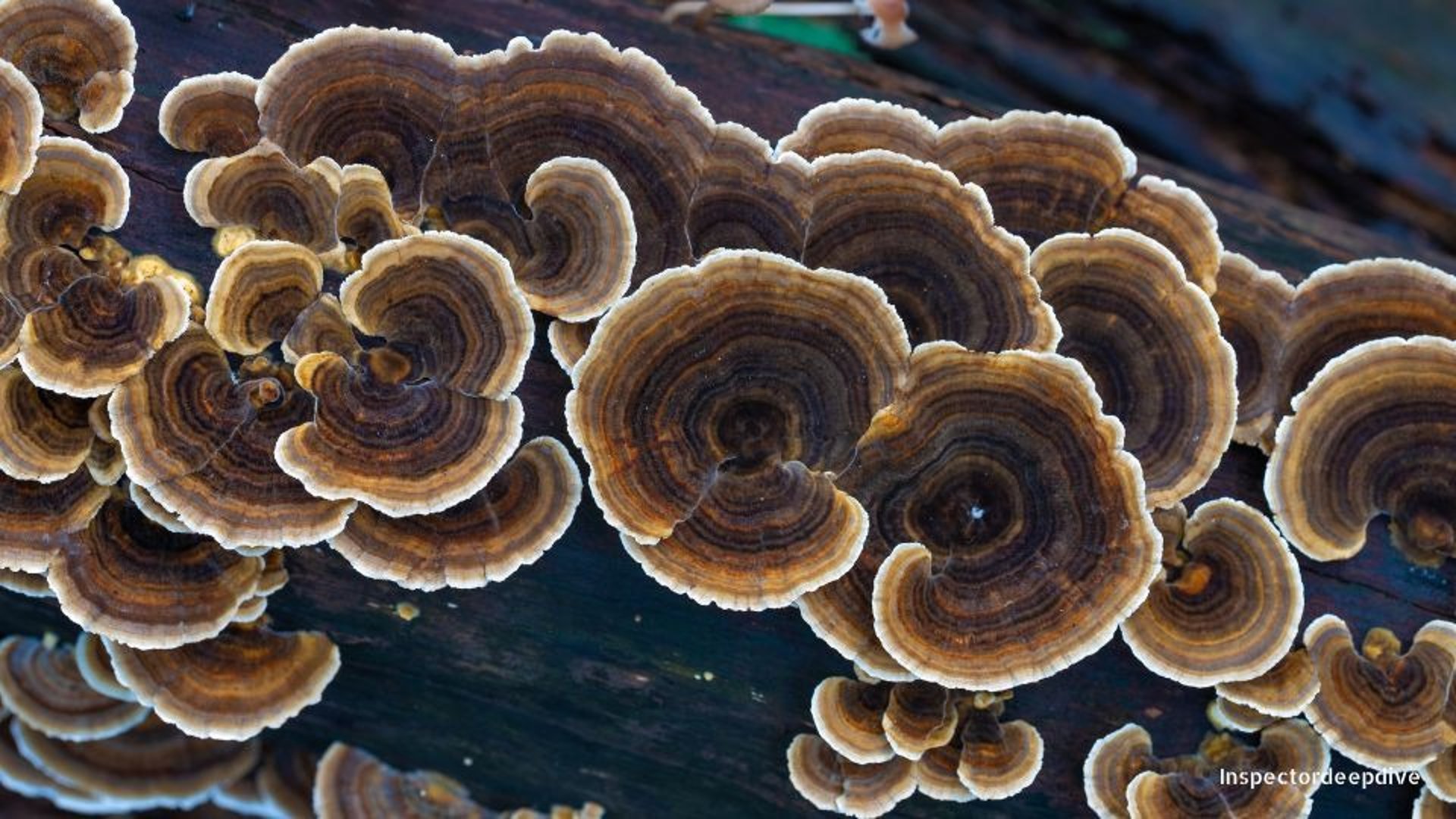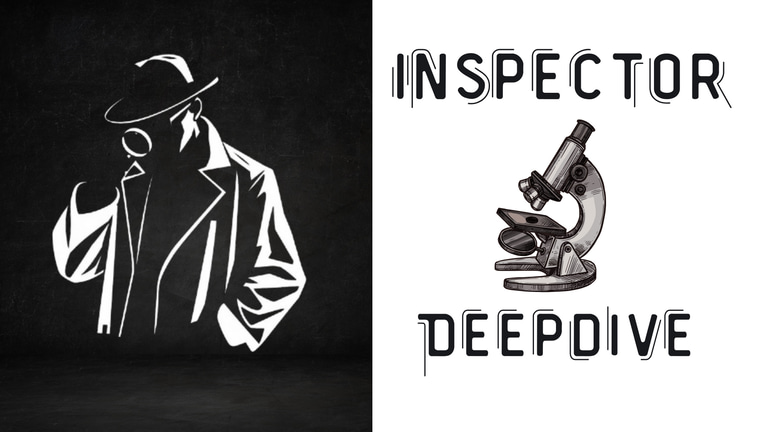Polysaccharide-K (PSK): The Mushroom Molecule Changing Modern Medicine

Polysaccharide-K (PSK): The Mushroom Molecule Changing Modern Medicine
Polysaccharide-K (PSK)
is also known by several other names, depending on the context or region.
Here are the most common alternative names:
Krestin : This is the brand name under which PSK is marketed, particularly in Japan and other parts of Asia.
Proteoglycan : PSK is technically a protein-bound polysaccharide, so it is sometimes referred to as a proteoglycan.
Polysaccharopeptide (PSP) : While PSP is a related compound found in Turkey Tail mushrooms, it is sometimes mentioned alongside or interchangeably with PSK due to their similar properties. However, they are distinct compounds.
Turkey Tail Extract : PSK is often derived from Turkey Tail mushrooms, so products containing PSK may simply refer to it as Turkey Tail extract.
Polysaccharide Peptide Complex : This term describes the structure of PSK, which is a combination of polysaccharides and peptides.
Polysaccharide-K better known as PSK or Krestin might sound like something from a lab, but its story starts in the forest. Extracted primarily from the turkey tail mushroom (Trametes versicolor), a staple of traditional medicine for centuries, PSK is one of the most researched natural compounds in the world. What makes it remarkable isn’t just where it comes from but how it works.
Why PSK Stands Out
Most nutrients do one thing. PSK does many. It’s a protein-bound polysaccharide a hybrid of complex sugars (polysaccharides) and proteins designed by nature to interact with multiple systems at once. Scientists call this a “biological response modifier,” meaning it helps the body respond better: sharper immune defense, steadier inflammation control, and broader cellular support.
Japan recognized its potential decades ago. Since the 1970s, PSK has been approved there as an anticancer drug and used alongside chemotherapy and radiation. It’s a rare example of a traditional remedy validated by rigorous modern research.
What PSK Is In Plain Language
Structure: PSK is a proteoglycan a beta-glucan “backbone” (long chains of glucose) with proteins attached.
Bonds: The sugar chains are linked by beta-(1→3) and beta-(1→6) connections patterns known to engage immune receptors.
Size: Big, but variable typically 20,000 to 100,000 daltons, depending on the mushroom source and extraction method.
Think of PSK like a strong rope (the beta-glucan) with smart tools clipped along it (the proteins). The rope gives strength; the tools give versatility.
What PSK Can Do for Health
Immune Power-Up: Enhances the activity of natural killer cells, T-cells, macrophages, and dendritic cells your front-line defenders.
Cancer Care Companion: When taken alongside conventional treatment, research shows PSK can help slow progression, reduce tumor burden, improve survival, and lessen side effects.
Inflammation Control: Lowers key inflammatory markers such as IL-6 and TNF-alpha, supporting whole-body balance.
Gut Health: Promotes beneficial bacteria and supports the intestinal barrier good for digestion, absorption, and the gut-immune connection.
Antiviral Support: May improve the body’s response to viral infections and support vaccine effectiveness.
Heart and Metabolic Health: Associated with improvements in cholesterol and blood pressure markers.
Liver Support: Helps protect the liver from toxin-related damage and supports detox pathways.
Healthy Aging: Linked to better cellular repair, autophagy, and resilience mechanisms tied to longevity.
Brain Benefits: Early evidence suggests support for cognition, mood, and neuroprotection via the gut-brain axis.
How PSK Works Inside the Body
After you ingest PSK, it meets the immune system in the gut (the gut-associated lymphoid tissue). From there, it:
Activates macrophages to clear abnormal cells and pathogens.
Boosts natural killer cells and T-cells for better surveillance.
Balances cytokines to reduce excessive inflammation.
Primes dendritic cells for sharper threat recognition.
Shapes a healthier microbiome and strengthens the gut barrier.
Encourages cellular autophagy and DNA repair key for long-term cellular health.
2024–2025 Research Highlights on PSK
Recent studies are uncovering new dimensions of Polysaccharide-K (PSK) beyond its well-established role in oncology. Cutting-edge research points to several promising areas:
Mitochondrial Support: Emerging data suggest that PSK enhances cellular energy production, which may benefit physical performance and reduce fatigue.
Cognitive Protection: Evidence links PSK with improved memory, healthier brain aging, and potential protection against neurodegenerative conditions.
Microbiome Modulation: Clinical findings indicate that PSK supplementation promotes the growth of beneficial gut bacteria, supporting digestive and immune health.
Cardiometabolic Benefits: Studies show reductions in inflammatory markers in metabolic syndrome, alongside measurable improvements in cardiovascular function.
Gene Expression Modulation: Research highlights PSK’s ability to influence genes involved in immune regulation and inflammatory response.
Key Takeaway
These discoveries add exciting new layers to PSK’s therapeutic profile broadening its potential applications in energy, cognition, and metabolic health while reinforcing its most validated role as a valuable adjunct in cancer care.
Safety, Interactions, and Smart Use
Generally well tolerated; mild digestive upset or rare allergic reactions can occur.
Important interactions: If you take immunosuppressants or blood thinners, talk to your clinician first.
PSK is not a standalone cure. It works best as part of a larger plan medical treatment, nutrition, movement, stress care, and sleep.
Even Better Together
PSK is often paired with PSP (polysaccharide-peptide) for a broader immune effect. In oncology, combining PSK with chemotherapy or radiation can both improve efficacy and ease side effectson e reason it’s widely used in integrative cancer care.
Where PSK Comes From
Turkey Tail (Trametes versicolor): The gold-standard source.
Coriolus versicolor, Polyporus umbellatus, Phellinus linteus: Produce related bioactive polysaccharides.
Supplements: Look for standardized extracts from reputable manufacturers.
A Brief History
Used traditionally across Asia, PSK entered modern medicine in the mid-20th century. Japan’s decades-long clinical adoption makes it one of the most documented natural agents in oncology.
Limitations and Perspective
PSK is powerful, but not magic. It’s an adjunctmeant to enhance standard care, not replace it.
Individual responses vary, and more research will clarify its roles beyond cancer support.
The Takeaway
PSK is a rare bridge between tradition and science: a mushroom-derived compound with proven immune-modulating, anti-inflammatory, antioxidant, and anticancer support. In integrative care, it helps patients feel better and often do better especially during chemotherapy while promising research continues to uncover new benefits for the brain, heart, metabolism, and healthy aging.
If you’re considering PSK, discuss it with your healthcare providerespecially if you’re managing a condition or taking prescription medications.
info@inspectordeepdive.com
© 2025 food.InspectorDeepDive.com. All rights reserved. Content may not be copied or republished without permission.
This article is for informational purposes only. InspectorDeepDive.com does not provide medical advice. Always consult a licensed healthcare provider before making dietary or health decisions.
